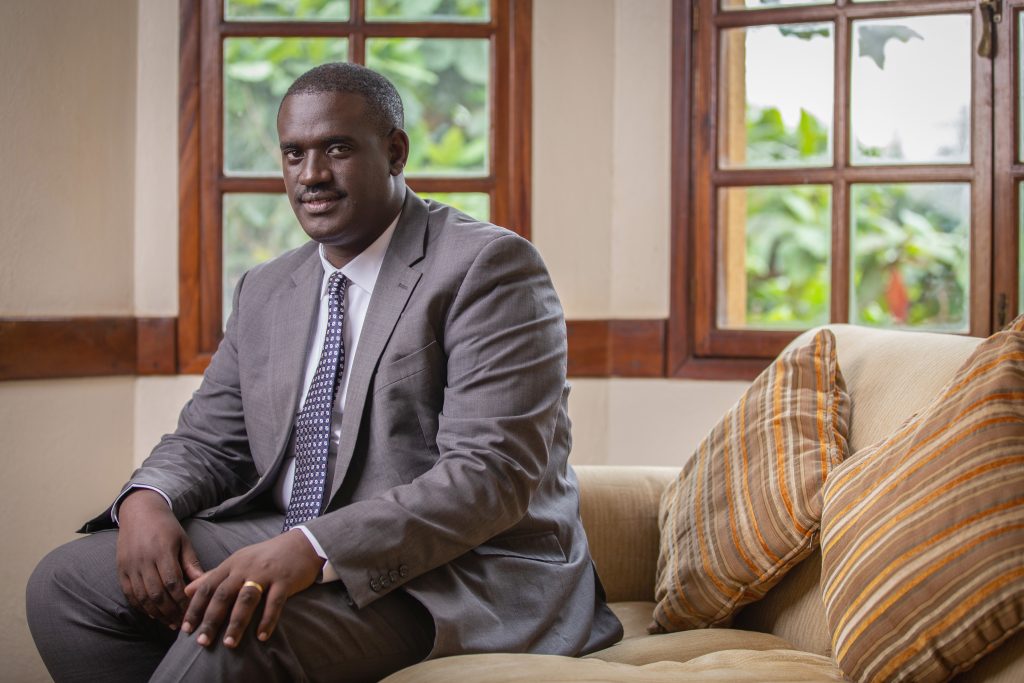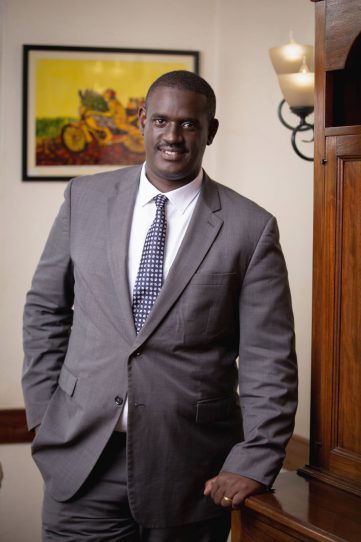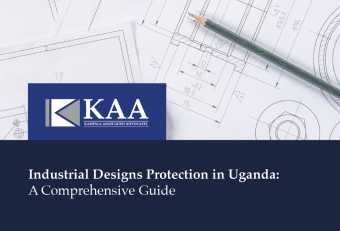Over the past few weeks, this paper has hosted my position on potential windfalls from the Ugandan oil project and the recently expanded East African Community. In response, I have received a number of questions. I shall not attempt to answer all of these questions. In truth, I may not even have all the answers but it is important that we attempt to answer as many questions as we can. Why? Because this national resource transcends all our disagreements, political or otherwise. I have no doubt that once we understand the extent of the opportunity, we will make sure that it is optimally utilized.
What is this oil project? Well, Uganda is set to become one of the newest oil producers in the world and has been described by the oil industry press as Africa’s ‘hottest inland exploration frontier’. This is when we have explored less than 15% of the oil area. However, Uganda is about 1,300km from the nearest coast. Therefore, Uganda cannot export oil without going through its neighbors. Uganda is also a net importer of Petroleum products. Uganda cannot import oil without the help of our neighbors. On account of this, Uganda does not have energy security.
It is against this backdrop that the discovery of oil presents two bigopportunities. First, it enables us to produce and sell crude oil, which will generate a substantial amount of revenue for the treasury. This boost to the national income offers Uganda a unique chance to alleviate poverty and create broad-based development and improved standards of living across the country.
The second opportunity is that we can add value to the crude oil. We can refine it to make, among many other products, petrol and diesel.
“So, is the oil actually there? Is it already being pumped out of the ground?” You may ask. Understandably. It is possible that the very technical nature of the available information about the oil project has made it difficult to consume and so, there was a time when conspiracy theorists argued that the oil was already being exploited. Fortunately, this argument has run its course.
To export the oil, Uganda decided to build a 1445km pipeline to the port of Tanga in Tanzania. This is the longest heated crude oil export pipeline in the world. Those who want to stop the pipeline should provide alternatives. Distinguished researcher in the fields of energy, environmental and population change, Vaclav Smil has argued that, “Replacing a 1,000-km pipeline carrying 20,000 tonnes of oil a day by tanker trucks (assuming each truck holds 25 tonnes and covers 1,000 km a day) would need a fleet of 1,600 vehicles with a load arriving every 54 seconds…” Certainly, using fuel trucks to export our crude oil is not an option. Nothing could be more polluting. The Pipeline, whatever other challenges it presents, is not a worse environmental option. It is the Pipeline that will open us up to the sea, help establish a new port at Tanga and bring in the much needed Petrol dollars.
“How is the oil project linked to the East African Community?” Not only are these two linked but both are essential to provide financial relief to our government and energy security to the region. In effect, this is why an integral part of the oil project is for Uganda to have a refinery. Currently, we are dependent on external factors when it comes to supply of Petroleum products since we import all of our oil through Kenya. If there is a delay on the high seas, a security incident at Mombasa, political unrest across the border then our supply will be cut. This is the definition of no security of supply. The value of a refinery is not only that it would satisfy our local demand but we would also be able to export to all our neighbors in the East African Community. A refinery is the road to Uganda’s energy security.
Energy security is the lifeline of any economy. Economies that have no secure supply and are unable to meet demand are the most underdeveloped economies in the world. Yes, the future is green but we must see the forest, past the trees. It is safe to say that the decisions we make today will shape the next century or so. I submit that as one wise man said, we must secure our future.



